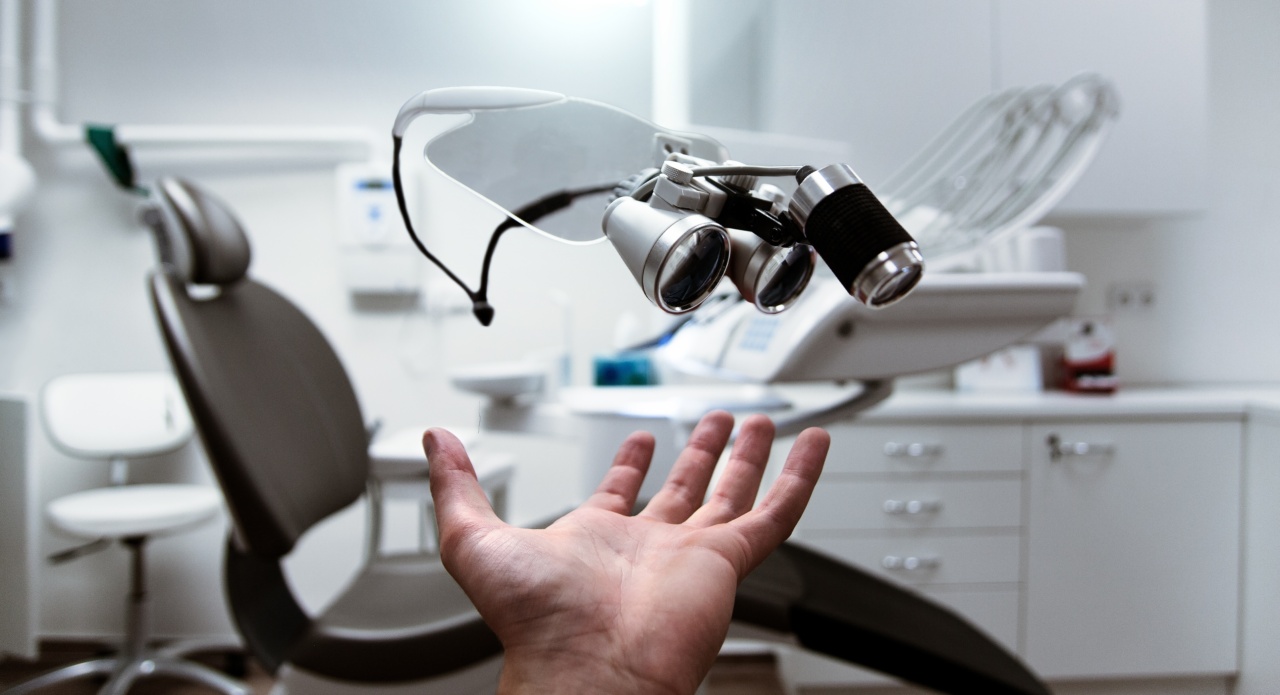Gingivitis, also known as gum inflammation, is a common oral health problem that affects many people worldwide. It is primarily caused by poor oral hygiene habits that lead to the buildup of plaque and tartar around the gumline.
If left untreated, gingivitis can escalate into a more severe and irreversible form of gum disease, known as periodontitis.
The good news is that gingivitis can be prevented and managed with proper dental care and regular visits to a dental professional.
In this article, we will discuss effective tips to keep gingivitis at bay and help you recognize when it’s time to seek professional help.
The Importance of Good Oral Hygiene
Maintaining good oral hygiene is crucial in preventing gingivitis. It involves regular care and practices that keep your teeth and gums healthy. Here are some essential oral hygiene habits to adopt:.
1. Brush Your Teeth Twice a Day
Brushing your teeth at least twice a day is essential for removing plaque and preventing gingivitis. Use a soft-bristled toothbrush and fluoride toothpaste.
Brush gently in circular motions, ensuring all areas of your mouth are covered, including the gums.
2. Floss Daily
Regular flossing is just as important as brushing. It helps remove plaque and food particles from areas that a toothbrush cannot reach, such as between the teeth and along the gumline. Use a gentle sawing motion to slide the floss between your teeth.
Be sure to floss all teeth, including the back ones.
3. Use Mouthwash
Mouthwash helps kill bacteria and freshens your breath. Choose an antimicrobial mouthwash that specifically targets plaque and gingivitis. Swish it in your mouth for about 30 seconds, making sure to reach all areas, and then spit it out.
Do not swallow mouthwash as it may be harmful.
4. Limit Sugar Consumption
Excessive sugar intake promotes the growth of bacteria in your mouth, leading to plaque formation. Limit your consumption of sugary foods and drinks, especially those high in refined sugars.
Opt for healthier alternatives and drink plenty of water to aid in saliva production, which helps wash away food particles and bacteria.
5. Quit Smoking
Smoking damages your oral health in several ways, including increasing the risk of gum disease. Smoking weakens your immune system and reduces blood flow to the gums, making them more susceptible to infection and delayed healing.
Quitting smoking is crucial for preserving your oral health.
When to See a Dental Professional
While practicing good oral hygiene at home is vital, there are instances when you should seek professional dental care to ensure your gums stay healthy. Here are some signs that indicate it’s time to see a dental professional:.
1. Persistent Gum Inflammation
If your gums appear red, swollen, or bleed easily, it may be a sign of gingivitis. Regular bleeding during brushing or flossing should not be overlooked.
Schedule an appointment with a dental professional to have your gums assessed and receive appropriate treatment.
2. Receding Gums
If you notice that your gums are gradually pulling away from your teeth, exposing more of the tooth roots, it could be a sign of gum recession. Receding gums are often indicative of gum disease and should be evaluated by a dental professional.
3. Persistent Bad Breath
Bad breath can be a sign of poor oral hygiene or an underlying gum infection.
If you consistently have bad breath, even after practicing good oral hygiene habits, it’s essential to seek professional advice to determine the cause and receive appropriate treatment.
4. Loose Teeth
Teeth that feel loose or shift out of position without any apparent cause may indicate advanced gum disease. Loose teeth should not be ignored, as they can lead to tooth loss if left untreated.
Your dental professional can perform a thorough examination and suggest an appropriate treatment plan.
5. Formation of Pockets Between Gums and Teeth
When gum disease progresses, pockets start to develop between your gums and teeth. These pockets create a gathering place for bacteria and can further worsen the condition.
A dental professional can measure the depth of these pockets and recommend suitable treatments, such as deep cleaning or gum surgery.
The Role of Regular Dental Check-ups
Regular dental check-ups are essential for preventing gingivitis and maintaining overall oral health. During these visits, a dental professional will thoroughly examine your teeth and gums, checking for any signs of gum disease or other dental problems.
They will also perform professional cleaning to remove plaque, tartar, and any stains.
Additionally, dental professionals may provide valuable advice on proper brushing and flossing techniques, suggest personalized oral hygiene products, and address any concerns you may have about your oral health.
The Bottom Line
Gingivitis is a common oral health issue that can be prevented with proper oral hygiene practices and regular visits to a dental professional.
Adopting good oral habits, such as brushing and flossing daily, limiting sugar intake, and quitting smoking, can significantly reduce the risk of developing gingivitis.
Furthermore, pay attention to any signs of gum inflammation, bad breath, or loose teeth, as these may indicate a more advanced stage of gum disease.
If you experience any of these symptoms, consult a dental professional promptly to receive appropriate treatment and prevent further complications.
Remember, your oral health is an essential part of your overall well-being, and taking proactive measures to prevent and manage gingivitis is crucial for a healthy smile.



























